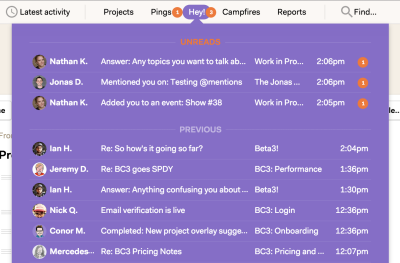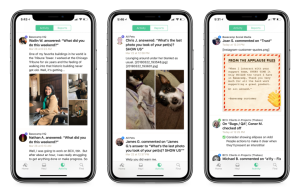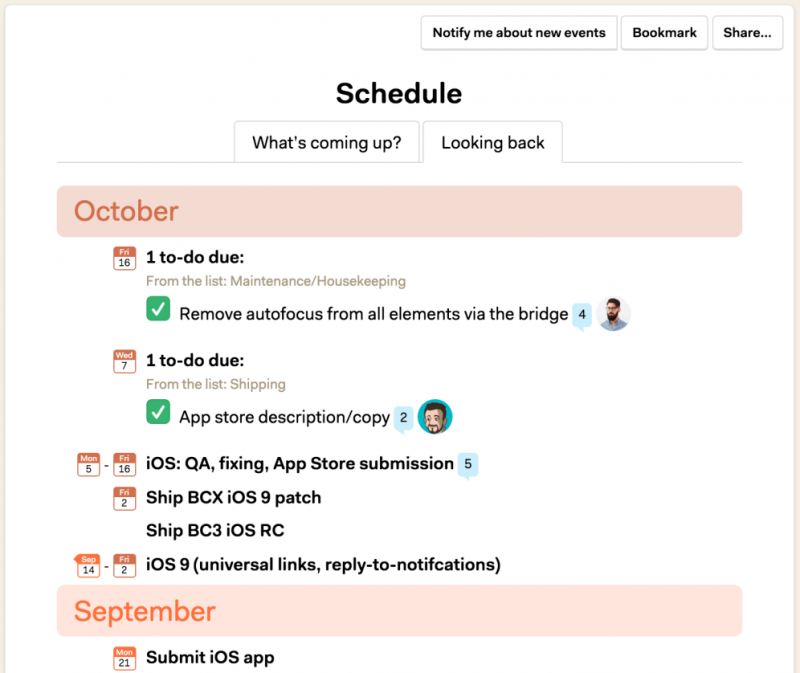
The limitation exists to avoid importing the same time entries more than once. The import cannot be run multiple times™. If a client, project or person within Intervals matches the data within Basecamp™ it will be overwritten with the data from Basecamp™. We recommend not making any changes to your projects while users and projects are being imported. The import only needs to connect to your Basecamp™ account once and your Basecamp™ API token will not be stored in our system. You may obtain your Basecamp™ API token by navigating to My Info » Show Your Tokens from within your Basecamp™ account. Todo lists, todo list items, and todo list item comments.The import currently transfers the following items: Basecamp™ Next was released in early 2012. If you recently signed up for Basecamp™, it is very likely you are not using Basecamp™ Classic. However, it does require you to be on Basecamp™ classic. It will not work with Basecamp™ Next, or Basecamp 3. You may also access further support from your internal IT team (if you have agreed a support arrangement with them).The import utility in Intervals will import your data from Basecamp™. find your team owners or administrators (look under Me - Your Basecamp settings - Leave this Basecamp account to find the account holder's name, or under 'Invite more people' to see who looks after a particular project).access the Basecamp learning center for guides and videos.Think about how information might look in public if it were disclosed, particularly project names, or more casual interactions. Writing or adding content directly to Basecamp, rather than using attachments, will make it easier for people read in an email notification. You can adjust the frequency of email notifications if you prefer to work directly in Basecamp. You can interact with Basecamp directly or via email notifications and reply. using your primary corporate email address.setting your username to 'First Last (Organisation)' - for example 'Alex Black (MOJ)'.downloading scheduling appointments using the iCalendar standardĮnsure your account looks official and similar to other government Basecamp accounts by:.exporting individual documents manually.asking your administrator for an export.copying and pasting the text (while noting the date).exporting data to your document storage or email service to capture important discussions or decisions (name the data so it can be found later).creating a permanent record of shared information at regular intervals or at the end of a piece of work.As a civil servant, you also need to keep save a permanent record at regular intervals or at the end of a piece of work. Sometimes you need to refer back to information in Basecamp projects. You own the data you put in Basecamp, and their technical security is similar to other popular public cloud services. subject to legal requests to shared data by courts, government agencies, or parties involved in litigation in the USīasecamp have signed up to the EU-US Privacy Shield which means they say they follow European data protection requirements for European customers.


Basecamp 3 export Offline#
exported and viewed offline by your administrators.disclosed publicly under the Freedom of Information Act.When using Basecamp, you should also be aware that all content can be: create and use project permissions when you need to control access.don't use Basecamp to store sensitive, personal, or other high value data (like commercial or financial information) that could cause harm if lost or exposed.To protect your data when using Basecamp, make sure you: lose a device that can access your Basecamp account (you should also change your password).think someone may have accessed your account.



 0 kommentar(er)
0 kommentar(er)
